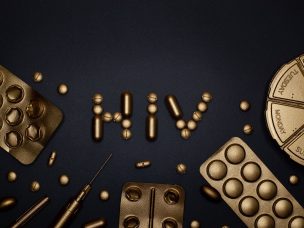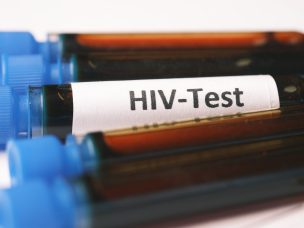HIV/AIDS
Socioeconomic Factors Affecting HIV Risk
A South African study reveals that among individuals of lower socioeconomic status, men are less likely than women to seek HIV testing, while women from similar backgrounds who engage in risky sexual behavior are at greater risk of HIV infection. South Africa has one of the highest HIV rates in the world, affecting about 19.1%...
Ethnic and Rural/Urban Disparities in HIV in South Carolina
This study from South Carolina shows that HIV prevalence is notably higher among Black individuals, and those living in urban areas face a slightly greater risk of contracting the infection. The spread of sexually transmitted infections (STIs) has increased dramatically over the past 10 years, reaching an all-time high in 2019. STIs are not distributed...
Addressing HIV Disparities in the South by Partnering With Barbershops
By engaging with the barbershop community, researchers aim to destigmatize HIV care services and improve HIV prevention in a trusted and culturally relevant setting. About 1.1 million people are living with HIV in the United States. After years of decline in the number of new HIV cases, that trend has slowed, with the number of...
COVID-19’s Impact on HIV Behavior Among Gay and Bisexual Men
This study on gay and bisexual men in Australia shows that while COVID-19 outbreak-related measures led to fewer sexual partners, there was a decline in condom and pre-exposure prophylaxis use. COVID-19 has not just caused significant mortality, but it has also disrupted the healthcare system, including the delivery of care for existing conditions like HIV,...
Youth HIV Disparities: Transgender vs. Cisgender
This investigation delved into the disparities in HIV prevalence and prevention among transgender individuals in the United States. While transgender youth showed higher rates of HIV testing, they were less likely to receive HIV education and use condoms compared to their non-transgender peers. HIV in the United States disproportionately affects transgender individuals. A recent report...
Therapy Abandonment Among HIV/AIDS Patients During the COVID-19 Pandemic
This case–control study conducted in Brazil strived to identify the factors linked to antiretroviral therapy abandonment among adolescents and young individuals living with HIV/AIDS during the COVID-19 pandemic. In late 2019, the city of Wuhan, China, witnessed the initial transmission of the SARS-CoV-2 virus, leading to Severe Acute Respiratory Syndrome 2, now commonly known as...
Acute HIV Infection Transmission Patterns in a Dutch Cohort Study
In a study published by the National Library of Medicine, it was found that rapid diagnosis of HIV is crucial for halting transmission from acutely infected individuals. In the world of HIV prevention, identifying and understanding acute or early HIV infection (AEHI) is crucial for interrupting transmission chains. Knowledge about secondary infections resulting from individuals...
Severe Mpox Infection in Advanced HIV: A Global Case Series
This study investigates the intricate relationship between HIV infection and mpox, a critical area where existing literature shows disparities in severity. The goal of the study, published in The Lancet, was to examine clinical characteristics and outcomes of mpox in individuals living with HIV and low CD4 cell counts, specifically those with CD4 counts below...
Impact of HIV Infection on Precancerous Cervical Lesions: A Meta-Analysis
Researchers explored the intricate relationship between HIV infection in Ethiopian women and the development of precancerous cervical lesions, addressing existing inconsistencies in the literature, with the goal of determining the true impact of HIV on the risk of precancerous cervical lesions in this population. Some studies hint at a significant link between HIV and pre-cancerous...
More Medical News














